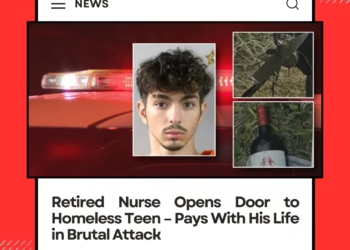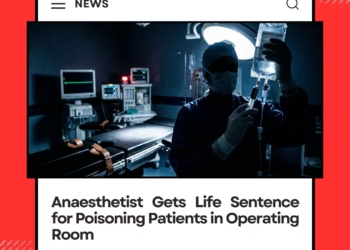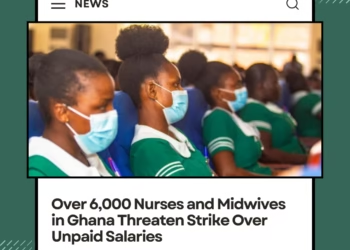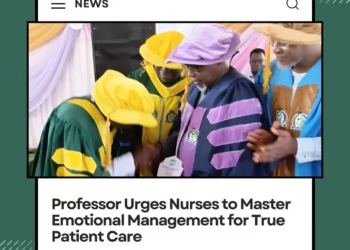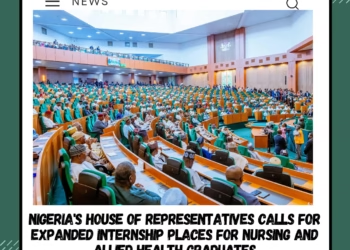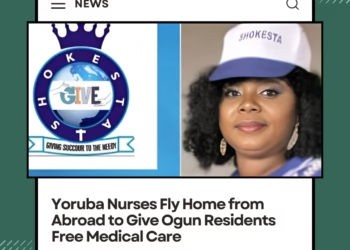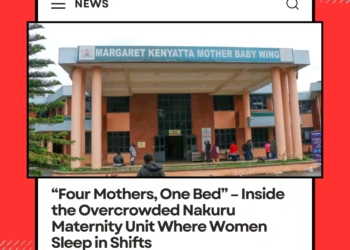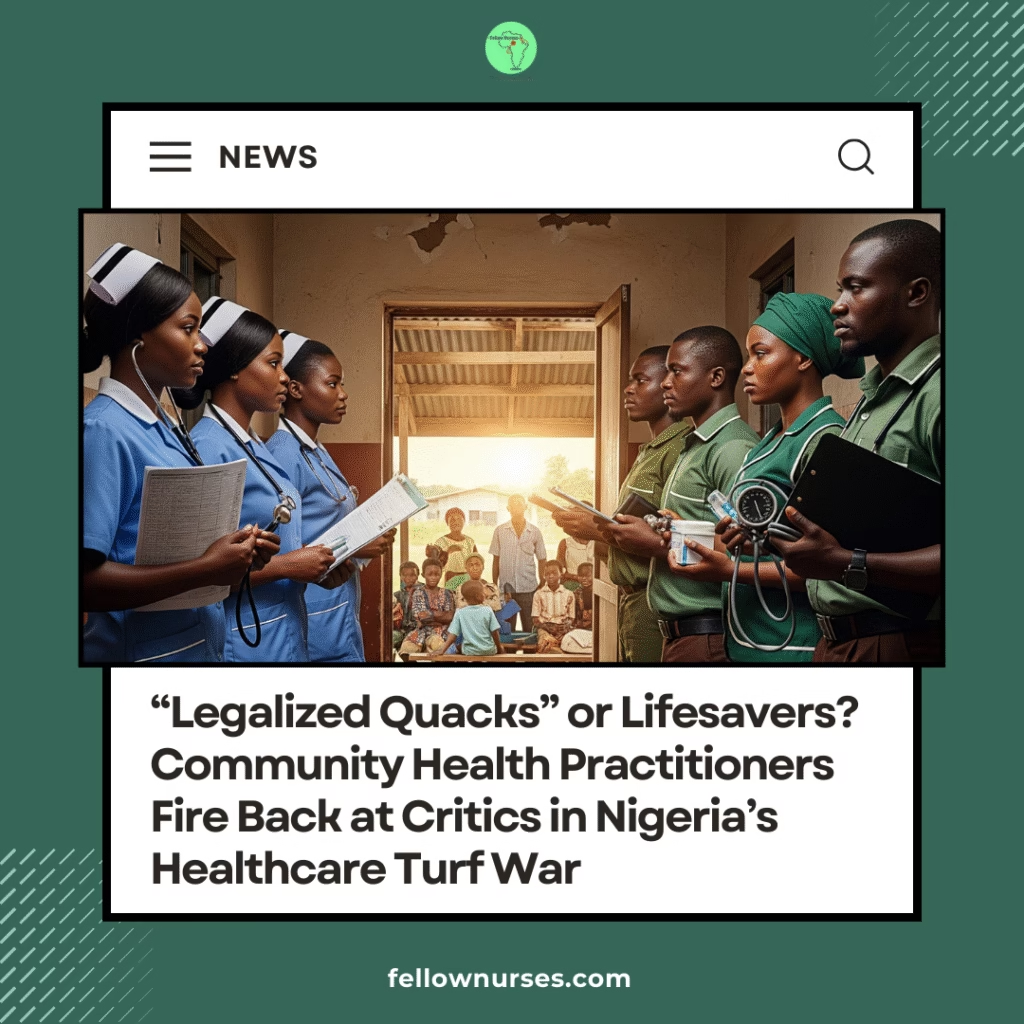
Nigeria’s fragile health system is once again caught in the crossfire of professional rivalry—this time between Community Health Practitioners (CHPs) and a section of nurses who recently branded them “legalized quacks.”
In a fiery statement circulating on social media, the Community Health Practitioners of Nigeria (JCHEWs, CHEWs, and CHOs) defended their legitimacy, accusing critics of attempting to “insult the Nigerian health system” and undermine one of its most critical cadres.
Global Recognition, Local Controversy
CHPs argue they are no strangers to global validation. The World Health Organization’s 2018 guideline on community health worker programs explicitly recognizes them as vital components of integrated health systems.
From Ethiopia’s Health Extension Workers to India’s ASHAs and Brazil’s Agentes Comunitários de Saúde, countries around the world have institutionalized community health cadres as cornerstones of primary health care (PHC)—achieving measurable reductions in maternal, neonatal, and child mortality.
“Nigeria’s cadre of Community Health Practitioners was developed under the National Standing Orders, PHC Guidelines, and the Task Shifting & Sharing Policy of 2014—all backed by the Federal Ministry of Health and the NPHCDA,” the statement noted.
The Legal Mandate
Far from being “quacks,” CHPs are licensed under the Community Health Practitioners Registration Board of Nigeria (CHPRBN), created by Act CAP C19, Laws of the Federation of Nigeria 2004.
Their curriculum—aligned with NUC and NBTE standards—prepares them for clinical, preventive, and managerial duties within PHC. In underserved villages, hard-to-reach riverine areas, and conflict-affected zones, CHPs are often the only health professionals consistently available.
“In these communities, doctors are absent, nurses are scarce, but CHPs remain the statutory custodians of PHC delivery,” the statement emphasized.
Nurses vs. CHPs: A Fragile Alliance
The storm was triggered after the so-called “Elegant Nurses Forum” and its spokesperson, Nurse Thomas Abiodun Olamide, allegedly dismissed CHPs as “legalized quacks.”
The response from CHPs was blistering:
- They described the comment as “divisive, unpatriotic, and politically motivated.”
- They cautioned against “incitement that undermines inter-professional harmony.”
- And they reminded the public that PHC delivery depends on collaboration between nurses, midwives, and CHPs—not rivalry.
“This arrangement is not a disrespect to nursing, but a functional model,” they stressed, adding that professional turf wars only weaken the collective struggle toward Universal Health Coverage (UHC).
Warning Against Politicization
The practitioners didn’t stop at defending their turf—they went on the offensive.
They accused certain individuals of playing politics with healthcare delivery, warning that Governor Abdulrahman Abdulrazaq of Kwara State should be commended, not attacked, for trusting CHPs to drive his PHC strategy.
“Attempts to delegitimize CHPs are not only baseless but dangerous. Nigeria cannot afford to politicize healthcare delivery,” the group warned.
Why This Matters
Nigeria’s health sector is no stranger to professional rivalries. Doctors, nurses, pharmacists, and now CHPs have all clashed over roles, recognition, and resources. But in a country where the nurse-to-patient ratio is 1:1,200 (far below WHO’s recommendation), and where millions in rural areas lack basic access, the real losers in these turf wars are ordinary Nigerians.
The big question is: Should Nigeria focus on strengthening collaboration between cadres, or continue in endless battles over professional boundaries?
Final Word
Community Health Practitioners have drawn a line in the sand: they are not “legalized quacks,” but legitimate, globally recognized health professionals backed by law, policy, and decades of frontline service.
Whether this fiery exchange marks a turning point for inter-professional respect—or deepens Nigeria’s healthcare divisions—remains to be seen. But one thing is clear: in underserved communities where no one else dares to go, CHPs remain the lifeline.

